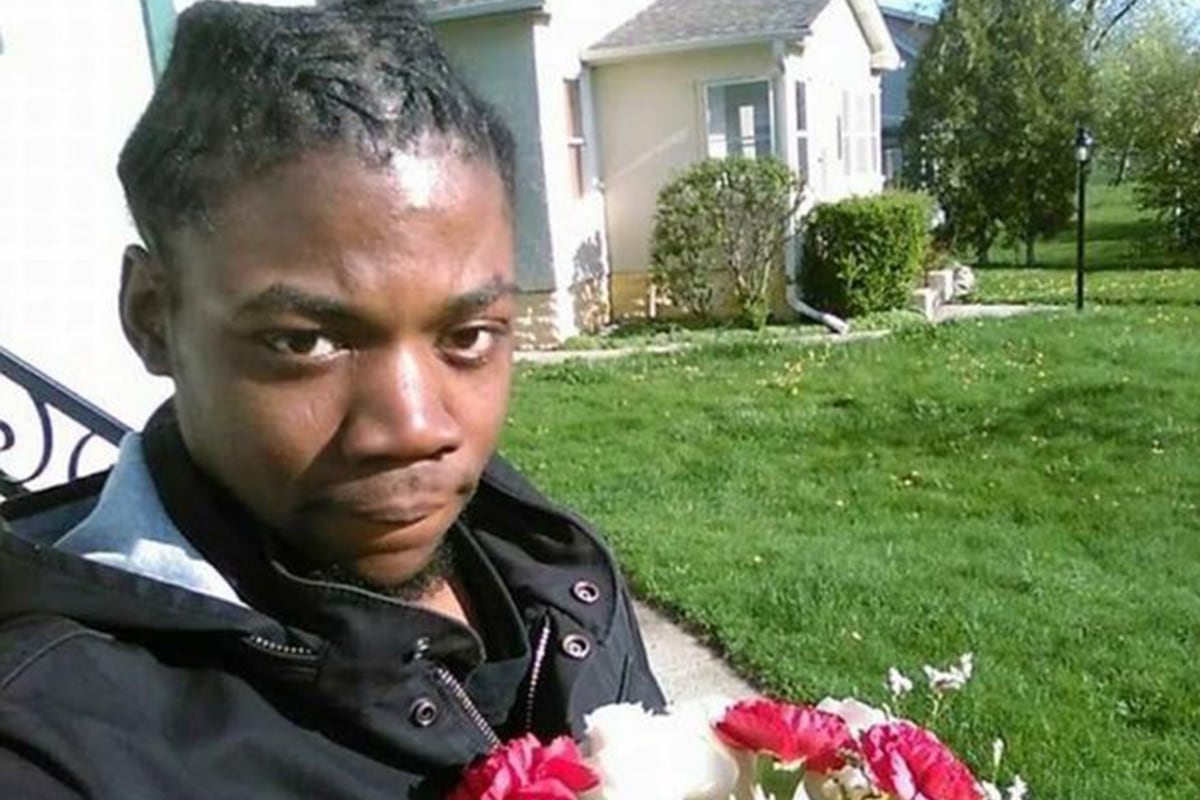“What are you going to do about it?”
That’s a phrase most often used whenever a group of black people in America engage in conversation about the pervasive problems of racism and white supremacy faced by their ancestors and contemporaries alike.
To that end, there have always been those willing to step forward and put their lives and livelihoods on the line to protect their future and the legacy of people of African descent from the ongoing scourge of prejudice and bigotry.
From Nat Turner and Harriet Tubman to Frederick Douglas and Martin Luther King, Jr., there have been many singular individuals who we love to cite as examples of those we admire for their contributions and sacrifice. We mourn the loss of MLK and Fred Hampton at the hands of those who would see us all kneel before the machine, yet constantly criticize and nitpick at the intentions of those who would like to follow in their footsteps.
We see black and white photos pulled from history that show nonviolent protesters being sprayed with hoses and attacked with ferocious dogs and wonder aloud how they could take such pain and punishment. But we don’t give anywhere near such adulation to those modern day activists who put everything on the line in order to elicit change.
No matter the method, whether the nonviolent civil disobedience extolled by MLK and his followers or the the Bullet or Ballot philosophy of the Black Panther Party for Self-Defense, all methods that challenge the status quo are met with vicious retaliatory strikes both from the establishment and and its supporters, including those within a minority who prefer that things remain the same.
Inevitably, anyone who makes it their life’s work to physically confront authorities, either violently or nonviolently, will be charged with something.

(Shooting victim Jamar Clark)
Usually it’s civil disobedience, vandalism or unlawful public gathering but the machine is quite clever with charges. A steady stream of propaganda furnished by the media and powerful police unions creates an atmosphere in which even nonviolent but confrontational groups are deemed enemies of the state.
In a recent press conference announcing that police officers would not face federal charges in the shooting death of 24-year-old Jamar Clark, Minneapolis police union president Lt. Bob Kroll criticized Mayor Betsy Hodges and members of citizen council in their handling of a the 4th Precinct takeover by protesters in fall of last year, and called Black Lives Matters a “terrorist organization”.
No hyperbolic intent was implied so one is left to think that Kroll believes he is telling the truth. Vandalism, trespassing and inconvenience to local residents was about as bad as it got. But by using this language, Kroll is dog-whistling to like-minded people within the police department and local government, people who are angry that the police didn’t storm the precinct and drag protesters out at any cost.
The attack on Black Lives Matters and similar groups is taking place in court systems across the nation. When the system strikes, its fangs are sharp and cut to the bone. Like Cointelpro, these overtures are perfectly legal even if the applications are unethical.
St. Louis County has issued arrest warrants for at least 47 individuals charged during the August 2014 protests that arose after the shooting death of Mike Brown by a police officer. Some of them were charged for simply being on the sidewalk.
However, the Huffington Post is reporting that the law that officials are using to prosecute individuals arrested that day should have come off the books in 1987 after the Supreme Court deemed a similar law to be unconstitutional.
Although there have been positives that have come out of Ferguson, an African-American police chief who says he’s sensitive to the needs of Black residents, and the resignations of Ferguson prosecutor Stephanie Karr, who reportedly pursued flimsy legal cases against protesters, these were all paid for in pounds of flesh, sweat and consequences visited upon the protesters. And the legal bloodletting is likely to continue for a very long time.

(Jasmine Richards – Black Lives Matters Pasadena)
Former Black Lives Matter organizer Jasmine Richards is facing four years in state prison following her conviction on, of all things, felony lynching after police charged her with trying to “de-arrest” a colleague during a peace march in Pasadena, California on August 29, 2015.
“Its really disgusting and ironic that shes charged and convicted with felony lynching, when the real lynching thats carried out is done in the same way it was carried out in the late 19th, early 20th century, where its supposed to punish those who dare to rise up against a system,”
Black Lives Matter organizer Melina Abdullah told Democracy Now.
For the youngsters, uprisings in Ferguson and Baltimore are the only recent example of Black protest. As is often the case, most of America believes that resistance of any kind is counterproductive to the democratic process. These individuals believe in the judicial, executive and legislative branches of government are sufficient enough.
Seems noble, righteous and about as American as any apple pie you have ever tasted, but people are tired of watching friends and family members die without justice. Be that as it may, for every action aimed at shaming the system, there is an equal but opposite reaction.
